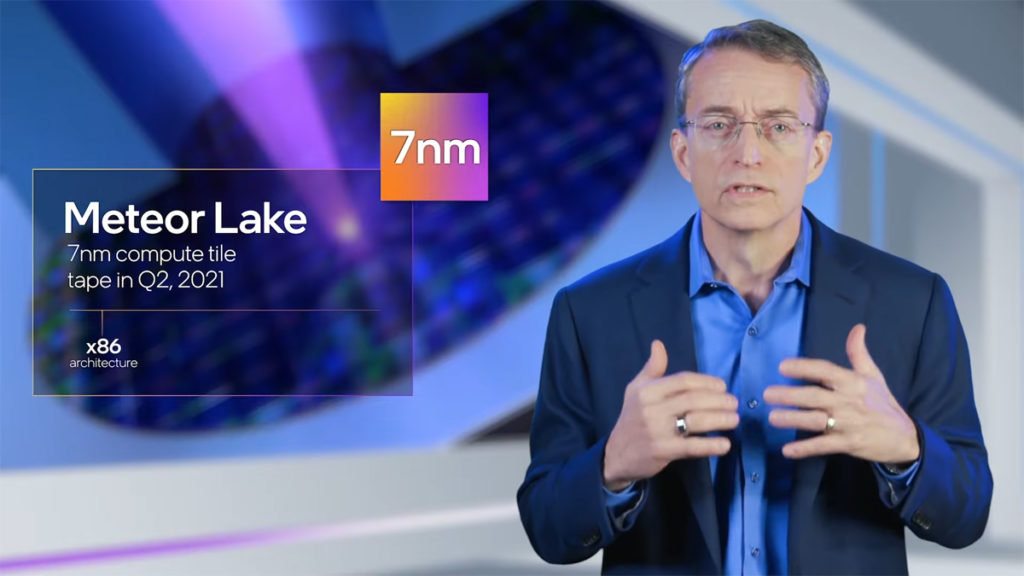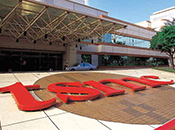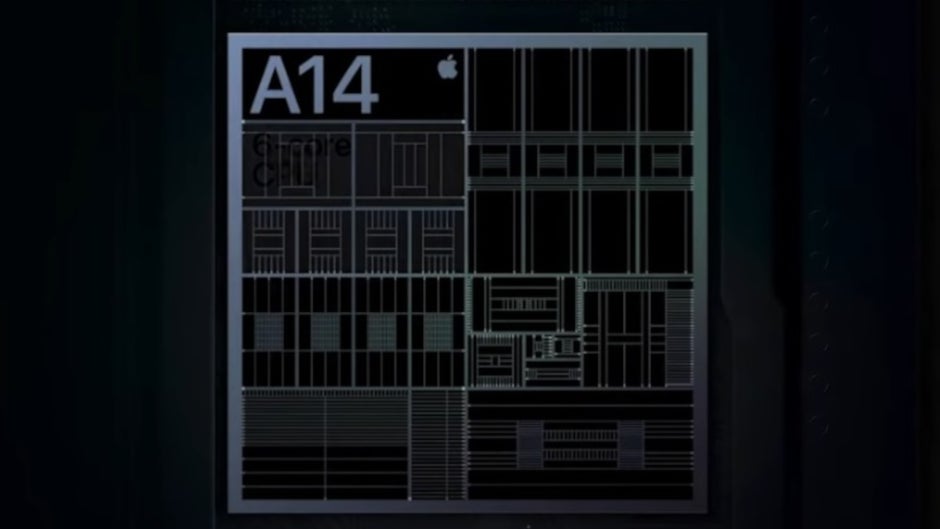Well Apple is definitely front of the queue, but I think AMD is over nVidia over at TSMC. That doesn't mean nVidia couldn't throw money at it to jump ahead -- that's what Apple does, after all, but AMD fabs ~a lot~ over at TSMC right now, and nVidia... does not.
I'd challenge that, at least as much as neither of us has provable numbers

More to the point, Nvidia is a 'steadier' customer. AMD is only steady on the CPU side the last few years, and they're only steady on the GPU side when mining is a factor.
If we were to take the picture today and project that forward, then yeah, I'd agree with you wholeheartedly! On the other hand, if we take it in terms of the last decade, or however far back AMD committed seppuku with Bulldozer, one would definitely rate Nvidia as the 'better' customer. However TSMC takes that.
The biggest thing in AMDs favor isn't even their CPUs; there's a growing market for AMD CPUs primarily because Intel has their fabs in disarray, and TSMC is well aware of that fact. They'd be fiducially negligent if they weren't. The biggest factor that's not likely to change is Microsoft's and Sony's consoles, as AMD may not be able to continue to deliver performance gains relative to Intel's 7nm parts and beyond, and AMD may well never get their desktop GPU game caught up to Nvidia.
In 2 years? 5nm is a good bet. Depending on when TSMC gets 5nm online - Apple already has the foundry's entire first year's worth of production locked up in contract (and supposedly iPhone 12 and next gen iPad/Mx devices will be on 5nm later this year?), but I'd imagine AMD is not far behind.
If you had to choose between fabbing AMD CPUs and Apple CPUs, which would you choose?
Apple went and took AMDs 'APU' idea, that of a desktop SoC with 'co-processors' for specific workloads (not just a GPU for graphics), and
Apple made it a reality. I was pricing out the Macbook Air, and man, I could probably use one of those with just the upgrade to 16GB of RAM for... years. That's all the computer that most people need, so at this point, I'd definitely choose Apple over AMD.
Sadly, I do not have any Intel boxes, besides an older X58 Xeon system. Biggest reason for that change was price and the Spectre, Meltdown stuff. I am interested in how this goes on the video card front and what they may offer in cpu's
I can't say that I'm as annoyed by those; at home, yeah, that sucks, but AMD was too slow to market and far too slow to get their platform (mostly) in order for me to have switched. I was set once the 8700K came out, and that socket runs in four of the systems I have. Had Zen 2 been available, I would have gone that direction instead, but at that time Zen+ wasn't even really stable yet.
Obviously I'd grab a 5000-series, probably a 12-core today, and I'd recommend the same for someone with a similar user profile as myself.




